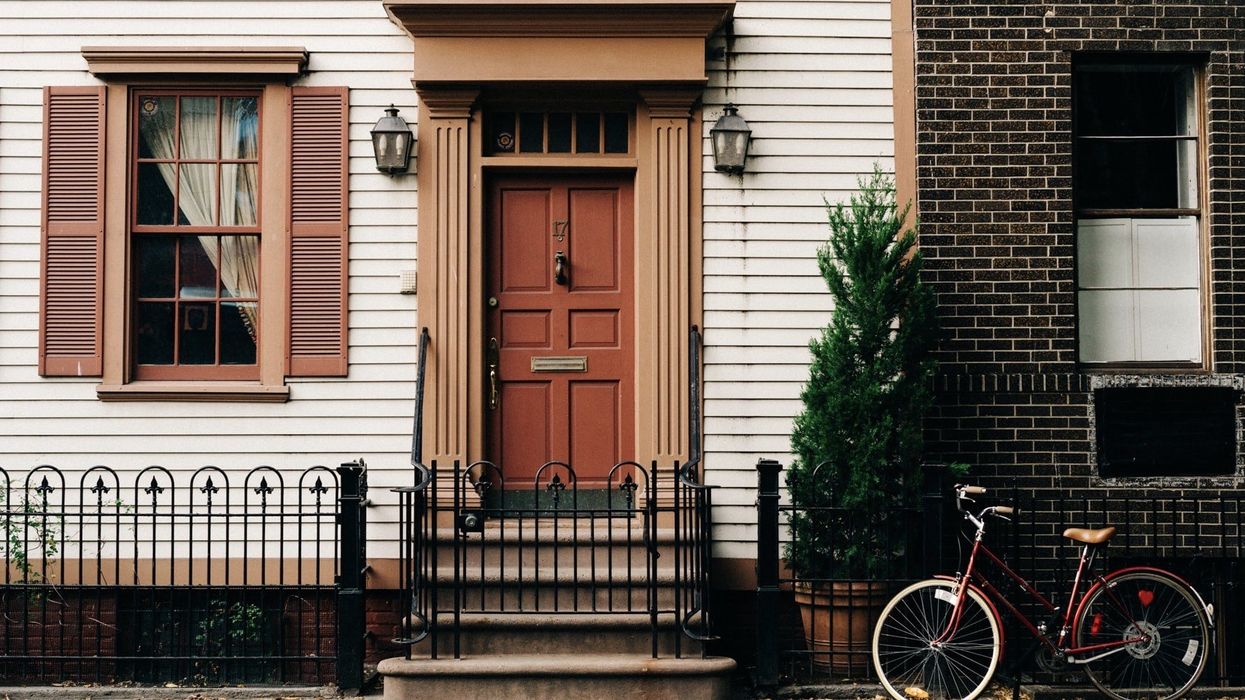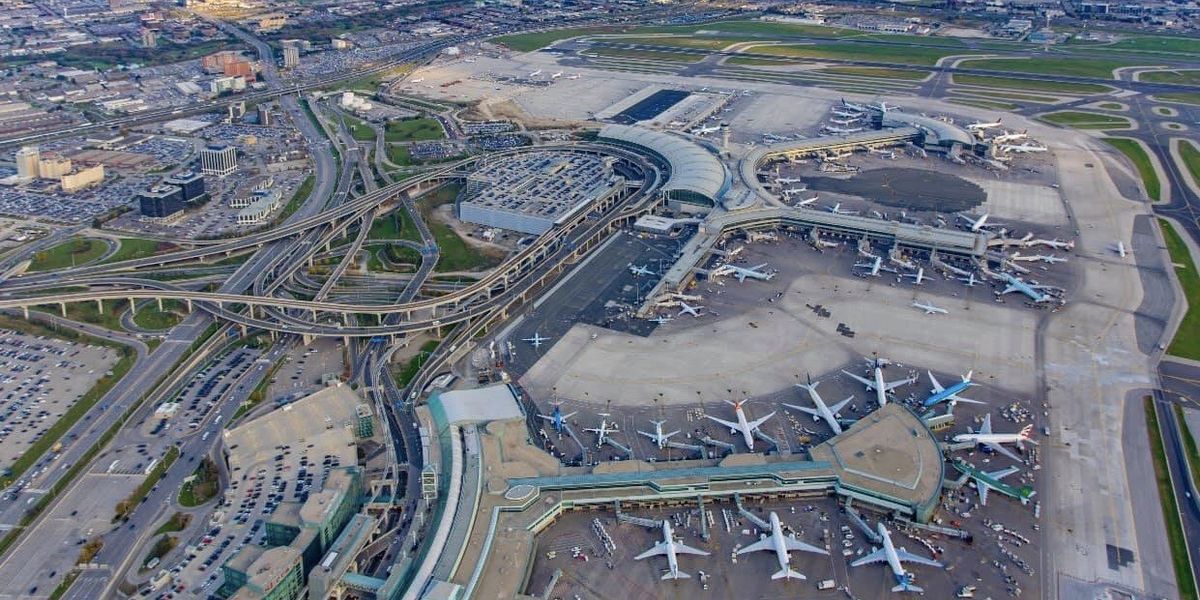“I can’t see how it can get much better,” says Jerome Trail, owner and broker of record at The Mortgage Trail.
In case you've been living under a rock (or, well, not in a house you're paying for), mortgage rates across the country are experiencing all-time lows. In fact, in early June, HSBC lowered its five-year fixed mortgage rate to 1.99%, becoming the first bank to “crack” the 2% barrier in Canada. While just 10 days ago, Bank of Canada Governor Tiff Macklem held a press conference in which he pledged that the Bank's overnight lending rate of 0.25% would hold until the country’s inflation rate returns to its 2% target and achieves sustainably.
According to Statistics Canada, the inflation rate in June rebounded to 0.7%, a welcome rise after two months of deflation in April and May, but still far from the Bank of Canada's comfort zone.
All of this to say, if you can lock in a five-year fixed mortgage rate at the same rate as inflation, you're in a very good spot. "Anything under 2.5% is phenomenal," Trail says enthusiastically.
RELATED: The Question of Having to Pay a Mortgage Penalty Isn’t If, It’s When
Cory Cook, a homeowner in Toronto's west end, is currently looking to enter his second fixed-term after having secured an initial 5-year fixed rate of 2.69% when he and his family purchased their house in 2016. The most recent 5-year option available to him through Scotiabank is 2.04% APR. And while that 0.65% difference may not seem like an overwhelming number to many homebuyers new to the game, if Cook decides to lock-in at that rate, he and his family will save more than $11,000 over the next five years compared to what they paid across their first 5-year term.
That's an approximate savings of $195 every single month for the next half-decade.
When asked whether or not he believes interest rates could continue to fall from their already record-breaking levels, Trail once again points to the level of inflation and adds, “The tiny bit it can get better is statistically insignificant.” Essentially, waiting for rates to fall even further to say, 1.95%, is likely worth the same gamble you're taking that they won't quickly rise back up to 2.15%.
"If I can find a mortgage solution for a client anywhere between 2.09-2.49%, I feel equally comfortable with each," explains Trail. You may not qualify for the lowest of the low, but anywhere in that range is so compelling over a 5-year term that you have to focus on the upside rather than the couple of points you may or may not have qualified for.
So, what does all of this mean for homebuyers? It means that, if you can afford to be in the market, there's never been a better time to lock into a fixed rate.
As Trail first told us months ago, “In 1997, I signed a 5-year fixed-rate at 6.1% on my first house with one of the big banks and when I called my dad to tell him he said, ‘6.1%? You’re the luckiest guy on the planet.”
Thankfully, times change.
And, when it comes to mortgage rates, the new normal certainly looks like something we could get used to.





















